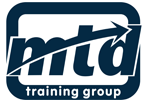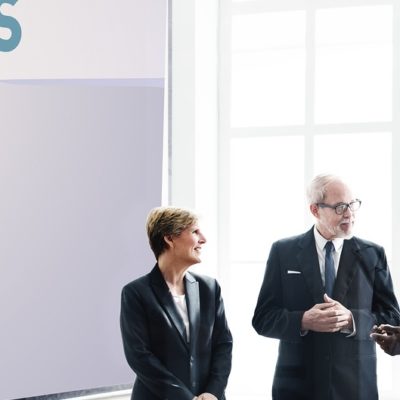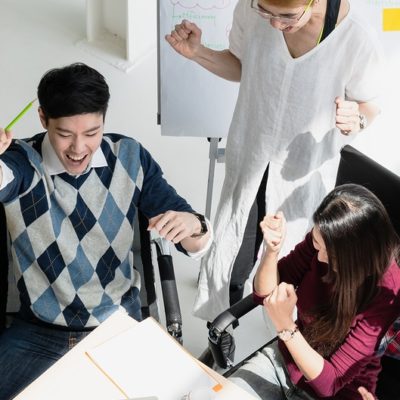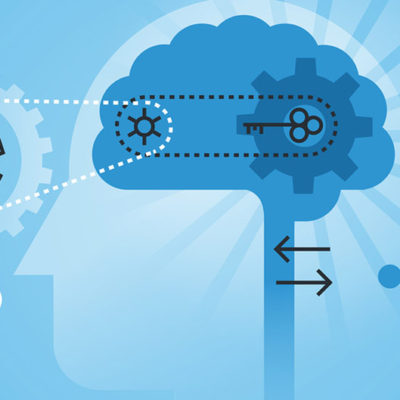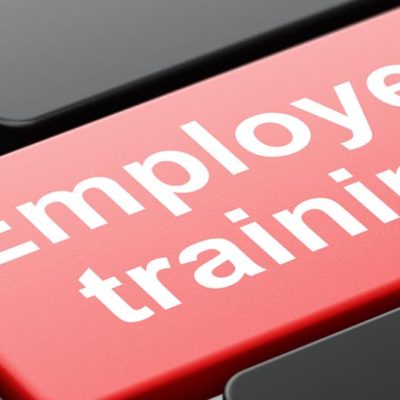Have you had situations in your learning interventions where people have said the learning was good, but they can’t see where or how they can apply it?
This is a common comment following workshops that have been run, where the emphasis has been on what the facilitator has wanted to put across, rather than what should be applied in the workplace.
There have been many studies into the theory and nature of learning, particularly in complex domains. For us to monitor learning and people’s development effectively, we have to recognise there are methodologies that are more efficient than others in embedding the whole concept of learning.
One such theory, cognitive flexibility, was designed and developed by Dr R.J. Spiro, Paul Feltovitch and Richard L. Coulson in the 1990’s. They referred to this theory as:
‘the ability to spontaneously restructure one’s knowledge in many ways, making adaptive responses to radically changing situational demands’
This theory can be applied to the transfer of the learning experience enjoyed in the workshop or training programme into the real world, following the learning interaction.
Nearly 30 years since the theory was first mooted, we can see its application more than ever in our learning workshops. Originally described as an application in the medical world, its implementation and use in business settings will help us restructure training events to be useful from multiple perspectives.
In general terms, cognitive flexibility concerns stepping back from the current situation in a training workshop, and identifying how the ideas can be applied in new situations, as opposed to just general theory. It helps us see multiple angles on a situation and not get stuck on a single point of view.
The theory encompasses many facets, and one that is relevant to us is the ‘construction of knowledge by the learner’.
This construction needs to take place during the learning interaction, but also must be seen after the learning process has ended and is being applied in the working environment.
Four principles from the cognitive flexibility theory are
Learning activities must provide multiple representations of content
Instructional materials should avoid oversimplifying the content and support context-dependent knowledge
Instruction should be case-based and emphasise knowledge construction, not transmission of information
Knowledge sources should be highly interconnected rather than compartmentalised
This multidimensional journey takes the learner in a direction that works along the same stream of consciousness that lays down memories in the neo-cortex and emotional brain.
Most learning tends to be one-dimensional, where the facilitator or coach will help the learner learn concepts by the giving of information or the passing of knowledge.
Cognitive flexibility assists the learner in building knowledge in the way that they determine and demand it; using multi-dimensional, immersive learning interactions.
‘Cognitive’ is from the latin ‘cognitivus’ meaning ‘known. ‘Flexibility’ has the connotation of being easily modified, changed or adapted.
So, jointly they represent the concept of learning (the acquisition of knowledge or skills through experience or study) with the ability to adapt or adjusted for real-world application.
What does this imply for us in the learning and development domain?
Well, let’s return to the four principles listed above and identify what we can do to work alongside this theory of learning:
 Learning activities must provide multiple representations of content
Learning activities must provide multiple representations of content
We often simply provide learning materials for delegates or learners in one format. This principle implies we should be multi-dimensional in the content production.
Could some up-front materials be sent on-line for delegates to read through before analysis on the workshop?
Could we represent the materials in some other format than just words (e.g. pictures, images, infographics, graphs, tables, cartoons, storyboards, etc.)?
Could we be a lot more interactive in the production of materials, where learners take part in producing information based on their experience and background?
 Instructional materials should avoid oversimplifying the content and support context-dependent knowledge
Instructional materials should avoid oversimplifying the content and support context-dependent knowledge
Context-dependent knowledge can change according to time and circumstances. What is correct for one person today may differ tomorrow. So we need to get the learner to think in terms of what will work now, and also in future, alternative situations.
Could we build training information based on situational, context-related material, so the generic ideas are now seen to apply in their experience of the world?
Could we make it extremely specific to the learner, getting them to write scenarios that they are currently experiencing, so it becomes a dynamic interaction, relating to actual real-life examples they are going through?
 Instruction should be case-based and emphasise knowledge construction, not transmission of information
Instruction should be case-based and emphasise knowledge construction, not transmission of information
Delegates should therefore be given the chance to develop their own description or portrayal of information and material, so the learning process is applied personally.
Could we ask delegates to formulate their own case studies that can have the materials applied to them?
Could we help learners construct knowledge by working on what challenges they currently face and then flexibly apply then learning concepts to those challenges?
Is it possible for us to use multiple learning processes to allow delegates to develop cases to bring to a workshop and discuss those situations with other learners?
 Knowledge sources should be highly interconnected rather than compartmentalised
Knowledge sources should be highly interconnected rather than compartmentalised
Oftentimes, we will keep training subjects in silos or compartments when they are being trained (an hour on organisational skills, another hour on delegation skills, another on teamwork, etc.).
This tends to impress the disparate nature of subjects, rather than the overall interaction of management or similar subjects.
Instead, could we interconnect the knowledge by using case studies that require a plethora of facts, information and skills interrelating to each other, and showing the overall context rather than the individualisation of skillsets?
Could we concentrate on providing an overall assessment of knowledge by introducing complex content and then helping delegates to assess their abilities against criteria they set for themselves?
Could we ask delegates to produce portfolios or construct projects for themselves that apply to all the aspects of their role, rather than categorise the learning into sections or sessions?
Cognitive flexibility in our learning programmes can offer a great deal of variety and adaptability in helping delegates to learn at their pace and in their personal mode. The various interactions we produce can assist in the development of multiple intelligence’s and allow learners to radically change their view on learning from something that is done TO them, to something they have a hand in developing and apply to THEMSELVES.

Sean McPheat | 
CEO
The MTD Training Group
